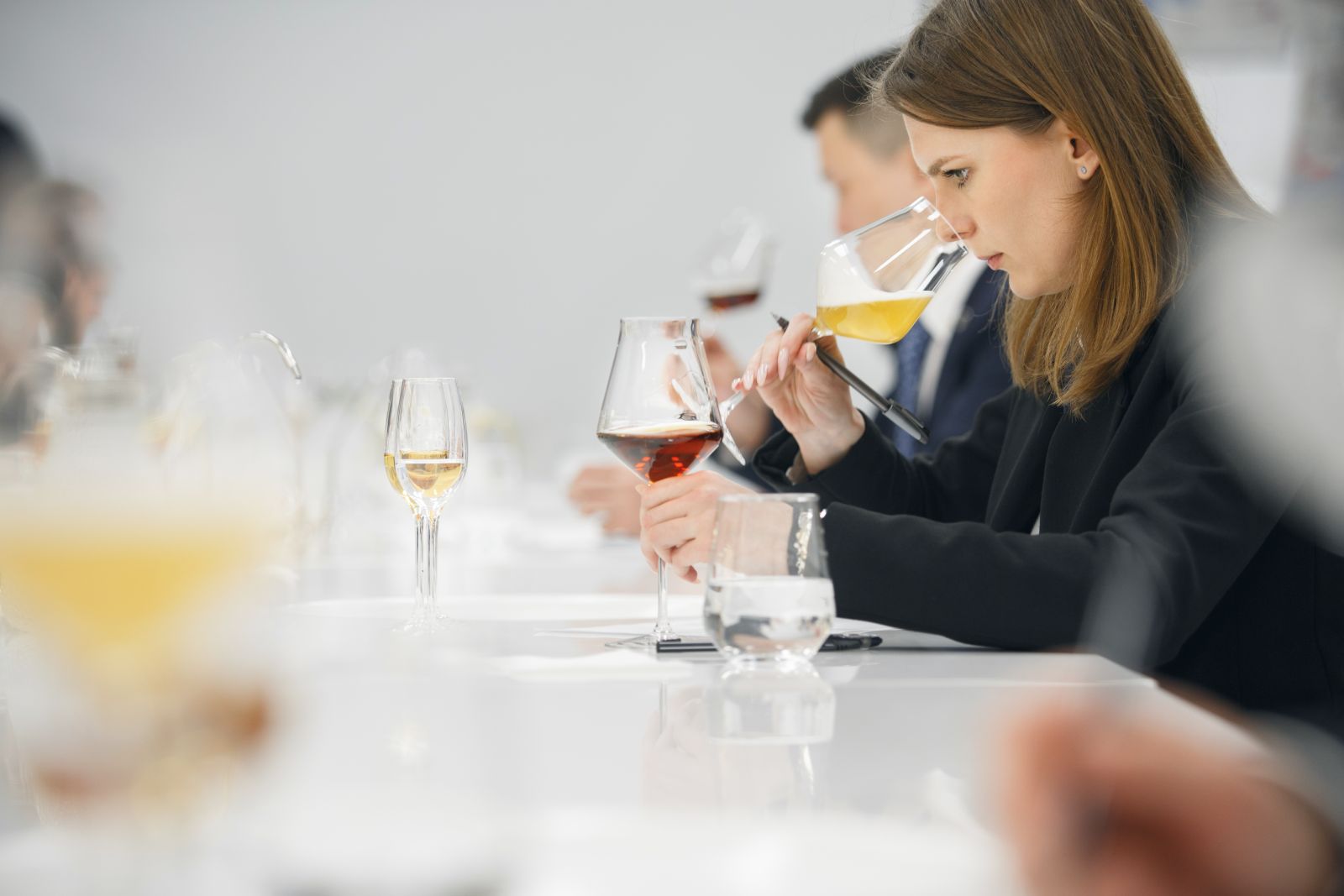A New Era of Wine Education
The old order is running out of energy
The global commodification of wine has stripped too much wine of its soul, reducing it to a standardized product that prioritizes predictability over authenticity.
At Wine Scholar Guild (WSG), we believe it is time for a revolution — a complete reimagining of how wine is taught, understood and appreciated.
The Problems We See
Once a local agricultural product, wine is now a global commodity. In just two generations, it has been radically simplified to meet the needs of transnational logistics and global markets.
The vast majority of wine production is now geared towards positioning wine as a fast-moving consumer good, a transformation that has been made possible by industrial processes — nearly all of which are concealed from the drinker.
Wine lovers have also been repositioned as passive, disengaged “wine consumers”.
While this has brought wine to new markets, wine has paid a price — it has become a commodity with standardized flavors with the magic stripped away.
While contemporary wine education was created to serve the needs of the trade, it often fails to capture the essence of wine as a living, breathing expression of place and culture. It leaves students with a superficial understanding of wine, devoid of context, meaning and emotion.
Our Vision for Change
A Rebellion Against Commodification
New wine movements have arisen in revolt against this commodification, rejecting the use of additives and technical manipulation, embracing minimal intervention in winemaking and ecological sustainability.
A Rebellion Against Commodification
New wine movements have arisen in revolt against this commodification, rejecting the use of additives and technical manipulation, embracing minimal intervention in winemaking and ecological sustainability.
Vignerons as Interpreters of Terroir
Instead of working towards a predetermined outcome, today’s leading vignerons see themselves as an interpreter of their unique terroir, vintage after vintage.
Vignerons as Interpreters of Terroir
Instead of working towards a predetermined outcome, today’s leading vignerons see themselves as an interpreter of their unique terroir, vintage after vintage.
The Collapse of Typicity
This has led to an unexpected consequence: “typicity” is collapsing. Paradoxically, as climate changes and as vignerons strive to express the uniqueness of their sites, wines are becoming more diverse and less predictable. Today’s most exciting wines cannot be found on the pages of yesterday’s textbooks.
The Collapse of Typicity
This has led to an unexpected consequence: “typicity” is collapsing. Paradoxically, as climate changes and as vignerons strive to express the uniqueness of their sites, wines are becoming more diverse and less predictable. Today’s most exciting wines cannot be found on the pages of yesterday’s textbooks.
A Call for Enlightenment
It's time to break from these antiquated stereotypes and to enlighten the drinker, revealing a world of emotion and amazement.
A Call for Enlightenment
It's time to break from these antiquated stereotypes and to enlighten the drinker, revealing a world of emotion and amazement.
The Three Pillars
WSG’s approach to wine education is rooted in three core principles:
Wine is an expression of place
Wine expresses a local identity that arises from the soil, climate, landscape and tradition of the region, while also reflecting the sensibility of its maker and the singularity of each vintage.
The taster is a co-creator of wine
The taster is not an objective observer. Each person brings their own experience, ability and taste to the exploration of wine. It is therefore just as important to understand the taster as it is to understand the wine.
The goal of WSG’s wine education is to foster deep knowledge, to augment overall appreciation and to give the taster a framework to understand themselves.
Wine is human-centered
There is no wine without people. Without an understanding of those behind the wine, the student can never understand a key component of terroir: the human factor.
Why We Teach
Never before have so many people from so many places been interested in learning more about wine. But a new generation comes with new expectations.
They value the world of wine as a place of sensual and cultural discovery, enhancing their food, travel and life experiences.
They also trust their own taste, rather than that of anointed critics.
And they want to understand wine as an agricultural product, not as a fast-moving consumer good.
That means they need wine education that goes beyond rote memorization of facts and technical tasting instructions — they want to understand the why of wine, as well as the how.
Our Promise
WSG is committed to leading this new era in wine education and championing authentic wines of place.
We believe that just like everyone deserves to eat fresh, nutritious food, everyone deserves wines that are genuine expressions of place, not wines stripped of individuality by industrial processes.
We celebrate wine as a dynamic expression of terroir and culture.
By embracing authenticity, fostering emotional engagement and placing the human experience at the heart of our teaching, we aim to inspire a new generation of wine lovers who value depth, meaning and connection. And through inspiring our students, we hope to inspire the people around them.




